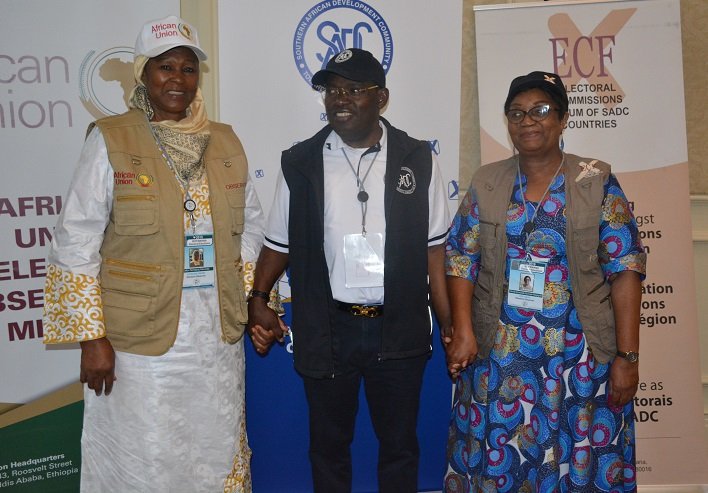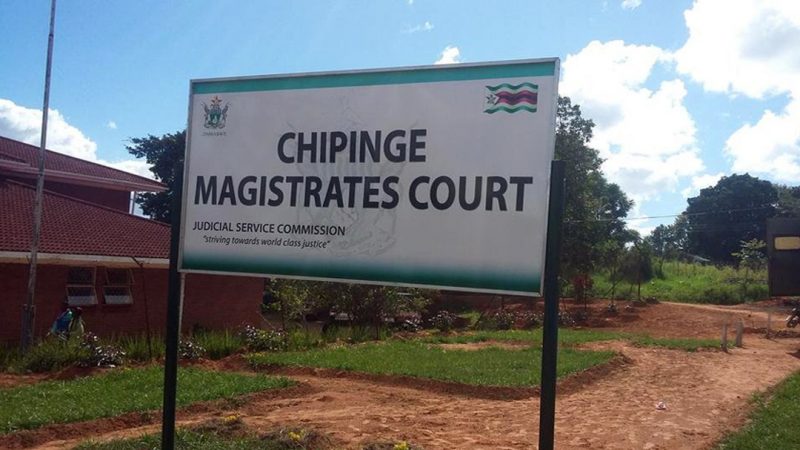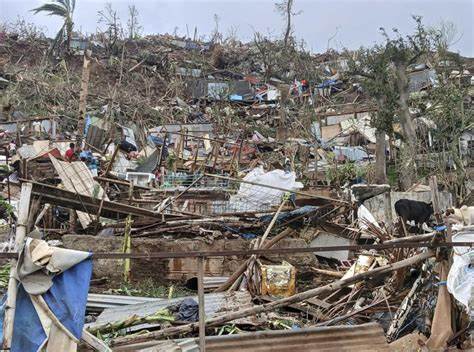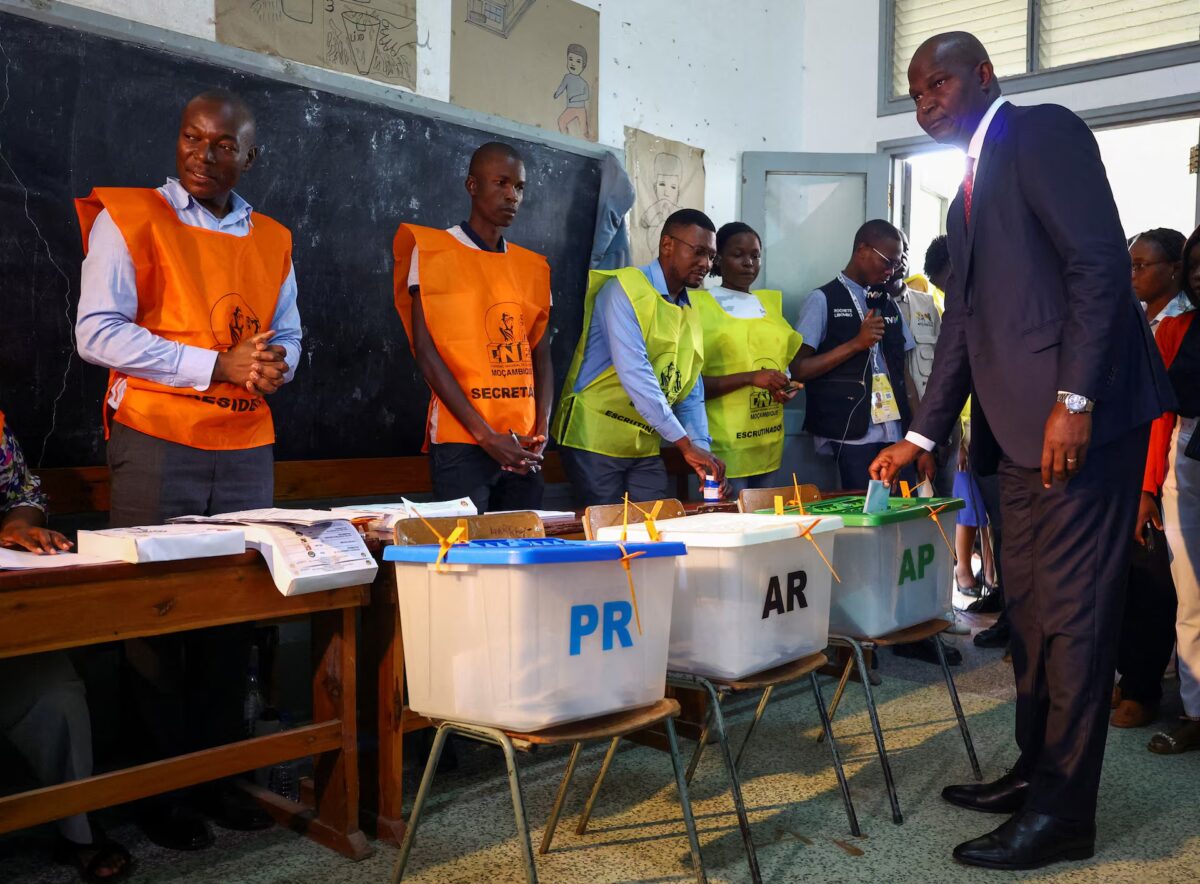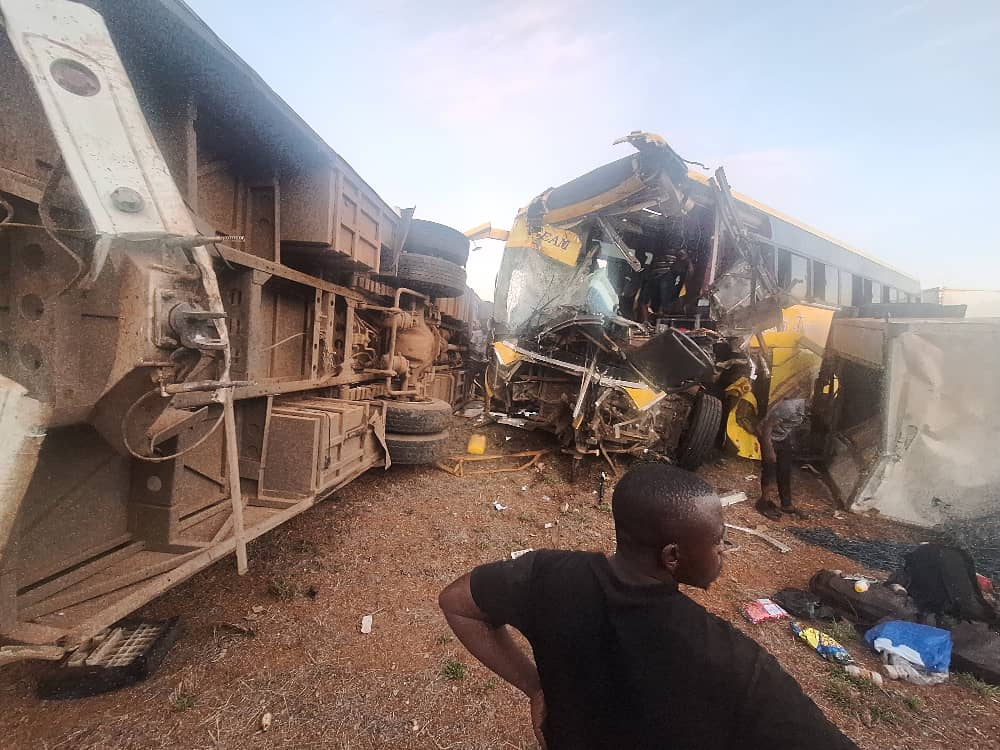GABORONE, Botswana – SADC’s observer mission to the recently-concluded elections in Botswana has called for traditional leaders to stay out of politics – something of an irony as it was led by Zimbabwe’s foreign minister Sibusiso Moyo whose Zanu PF party was cited for a similar violation in elections last year.
“Some traditional leaders are also politicians, and even where they are not politicians they exercise a significant influence in the political or voting choices of their subjects, which may not be desirable in the democratic context,” said Moyo, who was the Head of the SADC Electoral Observation Mission (SEOM).
Mokgweetsi Masisi was declared president of Botswana on October 25, retaining his position and the ruling Botswana Democratic Party’s long dominance of power despite a strong opposition challenge in this week’s election.
The BDP surpassed the 29-seat threshold needed in the national assembly to secure the presidency.
The BDP’s victory came after former president Ian Khama quit the party earlier this year and backed the opposition. Khama is chief of the Bamangwato people, one of the eight “principal” Tswana chieftaincies of Botswana.
The SEOM noted that traditional chiefs have multiple roles which include an overlap between executive, judicial, and legislative powers, while urging the government to begin a national consultative process to review the role that traditional leaders may play in politics.
Several observer missions reached a similar conclusion in Zimbabwe, where the constitution specifically bars traditional leaders from meddling in politics. The observers noted that traditional leaders were largely active participants in campaigning for Zanu PF, in a system that also included partisan distribution of food aid and other government handouts.
A High Court order against the leader of the Chiefs’ Council Fortune Charumbira to publicly withdraw comments made in October 2017 in which he said “as chiefs, we agreed during the 2014 congress that Cde (Robert) Mugabe is our candidate for the 2018 elections… we are all united and he is still our candidate” remains unheeded and the Zanu PF government has failed to push for compliance.
The SADC mission to Botswana commended the Independent Electoral Commission for conducting the election in a “professional manner”, and lauded Batswana for “political maturity.”
It however called on the Botswana government to introduce a new framework limiting foreign funding of political parties.
“The Electoral Act limits campaign expenditure to a maximum of P50,000 per candidate. In reality, however, the law and the limits imposed therein are not reflective of the existing dynamics observed in the current financing of political party campaign activities. The injection of foreign money has the potential to cause undue influence and external interference in domestic politics thereby compromising the sovereignty of the country,” Moyo said, an apparent response to reports that controversial South African mining tycoon Zunaid Moti was bankrolling Masisi’s rival, Duma Boko.
Moyo said while women account for 55 percent of registered voters in Botswana, the 2019 elections represent a downward shift in the representation of women in political leadership, particularly at the National Assembly level.
“In the 2014 elections Botswana registered five female Members of Parliament, four of whom were elected at their constituencies, and one was specially elected. This brought the percentage of female parliamentarians after the 2014 elections to 8.7 percent of the total. Furthermore, in the 2014 elections, out of a total of 192 Parliamentary candidates, 17 were female, representing 8.9 percent,” he said.
In 2019, however, only 11 out of 210 parliamentary candidates were women, representing 5 percent of the total, which demonstrates a downward shift from the gains of 2014.
The mission also urged the Botswana government to use translucent ballot boxes and indelible ink to prevent multiple voting in future elections.
The Electoral Act must also be amended to allow for continuous voter registration and empower the Independent Electoral Commission to conduct voter education, SADC said.
Batswana voted on October 23 and the winner was declared two days later.
“The numbers of parliament seats attained so far by the BDP obliges me to declare Mokgweetsi Masisi as the elected president of Botswana,” Chief Justice Terrence Rannowane said.
Masisi, who has a solid record and is popular with business and farmers, thanked Batswana for voting for his party.
“I’m humbled and honoured that you again entrusted the BDP. As the President of Botswana for the next five years, I’m blessed and privileged to serve you and promise that I’ll continue to do so with integrity, compassion, humility and honesty,” he said on Twitter.
The BDP has ruled Botswana since independence from Britain in 1966 and the country has enjoyed stability and prosperity based on its diamond resources.
Last week’s election posed its first genuine challenge in its five decades in power after former president and political heavyweight Khama fell out with Masisi, his hand-picked successor, and backed the opposition Umbrella for Democratic Change (UDC).
However, UDC leader Boko failed to put an end to BDP rule.
BDP secured 38 of the national assembly’s 57 seats.
“After the previous regime almost killed this party and we performed poorly in 2014, this result is a strong vote of confidence in Masisi and his intentions to transform people’s lives,” said Kagiso Mmutle, a BDP supporter outside a counting centre in Gaborone.
The UDC secured 15 seats while the Botswana Patriotic Front won three and the Alliance for Progressive only one, according to the state broadcaster. In the 2014 election, the BDP had 37 seats.
The BDP will now have to move swiftly to transform the economy. Since independence, the economy has grown at 8 percent a year to become one of Africa’s most successful but it is now at risk of coming unstuck because of over-reliance on diamonds.
GDP growth is projected to slow to 4.3 percent in 2019, from 4.5 percent last year, and the economy remains vulnerable to swings in diamond prices and output.
The main concerns for the people are unemployment at about 20 percent and stark inequalities despite equitable state spending on health and education. To tackle either, Masisi will need to do more to diversify the economy.
During a pre-election debate, Masisi said his party wanted to create more sustainable jobs, improve the quality of education to prepare youths for employment, and to provide better healthcare.
He has also promised to tackle corruption, such as making the declaration of assets obligatory for public sector officials.

